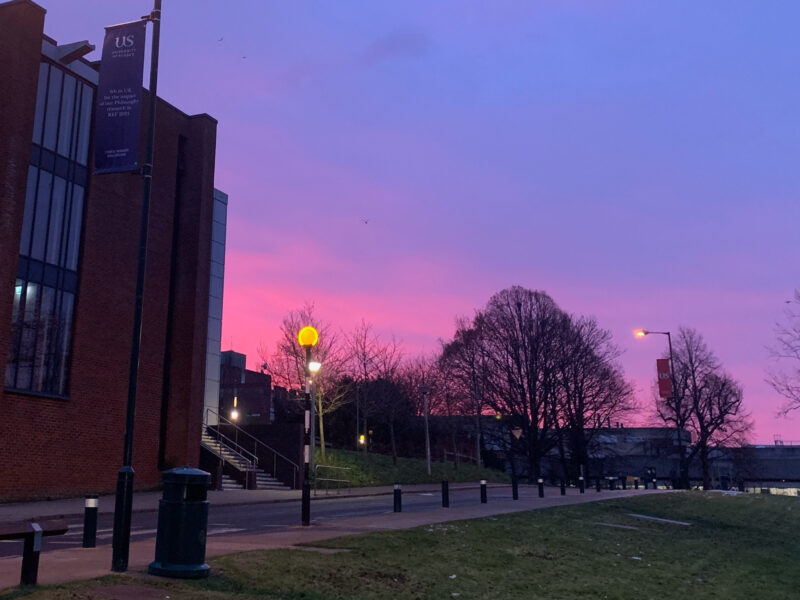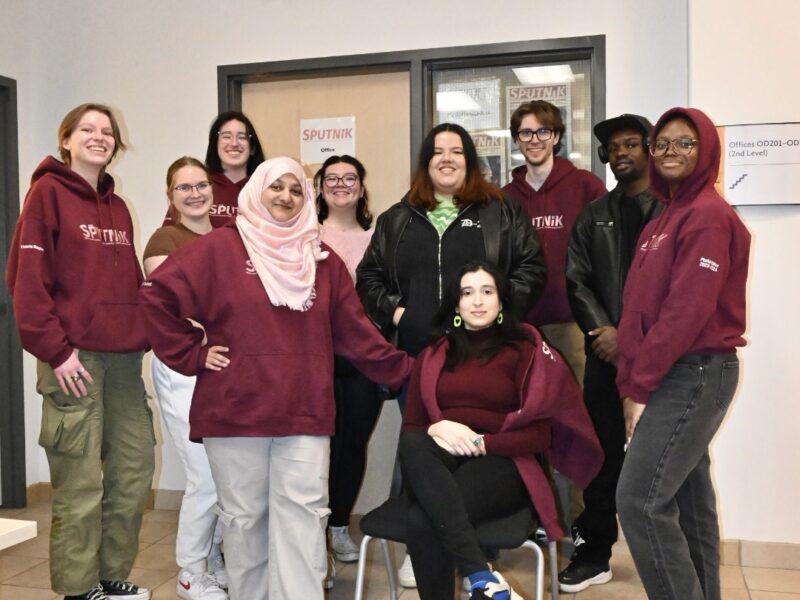I was busy in my kitchen when a campaign worker knocked on my door last week. She was canvassing my neighbourhood for returning candidate Councillor Marguerite Ceschi-Smith.
She talked a little bit about Ceschi-Smith’s campaign, her platforms and why I should vote for her. A few minutes later Ceschi-Smith herself walked up the street waving at me, obviously pleased with a conversation she just had with my neighbour.
She greeted me with her standard-issue greet-thy-constituent smile and launched into a first-person account of what her campaigner had just explained to me, capping off her spiel with a handshake while I promised to vote for her.
The truth, of course, is that I won’t because I’m not a voter. The very thought of politics leaves me nauseated. As a writer put it, politics is like raw sewage treatment – it’s important but you don’t want to have anything to do with it.
However, a small voice in my head asked, “Well, if it’s important, shouldn’t you care?”
“Yes,” I answered to no one in particular, “I guess I should.” So I Googled Ceschi-Smith and her contenders for Ward 5. Of the other eight candidates competing for the position, I found information on only one of them – a Twitter page belonging to candidate Frank More.
Marguerite Ceschi-Smith, on the other hand, had an official web page on the city’s website detailing an impressive curriculum vitae.
It occurred to me that anyone doing the same search would make the same discovery as I did. As the existing councillor, Cechi-Smith clearly has a running start. Information about the other eight candidates was hard to come by, even for a keen researcher like myself. That didn’t seem right to me. I started to wish I had paid more attention to the election campaigns so I could find out the potential the other candidates had.
To educate myself on this matter, I decided to write an article. I conducted a brief street survey, in which I discovered that my initial attitude mirrors that of a majority of students at Laurier Brantford. We are naturally indifferent to the outcome of Brantford’s municipal election because we truly believe we are immune to its outcome.
Many students are on campus four or five days a week, for less than eight months a year. This may have put students under the assumption that whomever becomes the next mayor will not affect them. Unfortunately, this assumption is an illusion.
The reality is that our campus is very much intertwined with the city of Brantford – much more than any of us would like to think. The decisions made by city councillors can heavily impact the short stints that students spend in Brantford.
For example, several of the students I interviewed wanted more student housing close to campus. Another mentioned the scarcity of student jobs. More places to eat and shop were also pretty high on the list. What’s the solution to these grievances?
Well, there’s Richard E. Casey, for one. As one of the mayoral candidates, he claims to have his ears on the ground on what we students want and need. According to Casey, he plans to create more permanent jobs for residents so that students can fill in the gap for part-time and temporary jobs. There’s also Chris Friel, the candidate who thinks that creating more jobs for students will help them get along with locals more cohesively.
For those who think that the campus needs more residences, take a look at what each candidate has proposed for the newly demolished South Colborne Street. Plans for its development are yet to be set in stone but there have been talks of including some student residences and a gymnasium. For those who want a better experience living in the downtown, however brief that may be, here’s an easy chance for you to make a change. All you have to do is vote.
The voting process itself is de facto simple and relatively easy. Laurier Brantford students who are citizens of Canada and live in Brantford for the school year are eligible to vote. All they have to do is make sure their names are on the voters’ list (which is another easy process).
Rest assured that I am in no way campaigning for one candidate or another. As it turns out, I’m not even qualified to vote. However, I am campaigning for students to get involved with the city at the most fundamental level – through the simple yet powerful act of voting.



